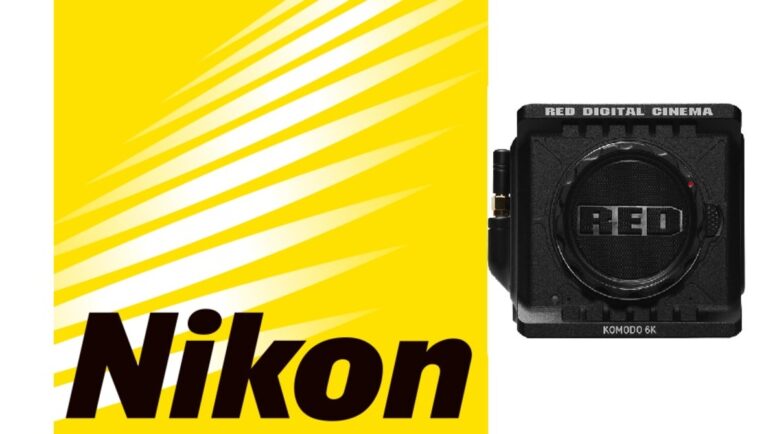Nikon has finalized the acquisition of RED Digital Cinema, a renowned US-based camera manufacturer established by Jim Jannard, the founder of Oakley. This strategic move positions RED as a subsidiary of Nikon, marking Nikon’s foray into the digital cinema camera market. The specifics of the deal remain undisclosed, but Nikon aims to leverage RED’s expertise in cinema cameras, particularly its unique image compression technology and color science, to bolster its own offerings in this segment.
With a robust catalog that includes acclaimed products like the RED One 4K and V-Raptor X, RED has left an indelible mark on the industry. Its cameras have been utilized in the production of numerous blockbuster films and popular television shows, such as Guardians of the Galaxy Vol. 3, Planet Earth II, and Squid Game.
RED president, Jarred Land, teased the news of the acquisition on Instagram, underscoring the significance of this development. Land expressed optimism about the collaboration, envisioning a future where Nikon and RED redefine the professional digital cinema camera market through innovative product development.
Despite this legal dispute, both companies have now joined forces to explore new horizons in film and video production.
This acquisition follows RED’s unsuccessful lawsuit against Nikon in 2022, where RED accused Nikon of infringing on its video compression patents. Despite this legal dispute, both companies have now joined forces to explore new horizons in film and video production.
While RED is primarily recognized for its digital cinema cameras, the company ventured into the smartphone market in 2018 with the RED Hydrogen One. Although ambitious, the smartphone project ultimately faltered and was discontinued after facing critical challenges.
Overall, Nikon’s acquisition of RED signifies a pivotal moment in the evolution of both companies, promising exciting prospects for the future of digital imaging and cinematography.




Comments are closed